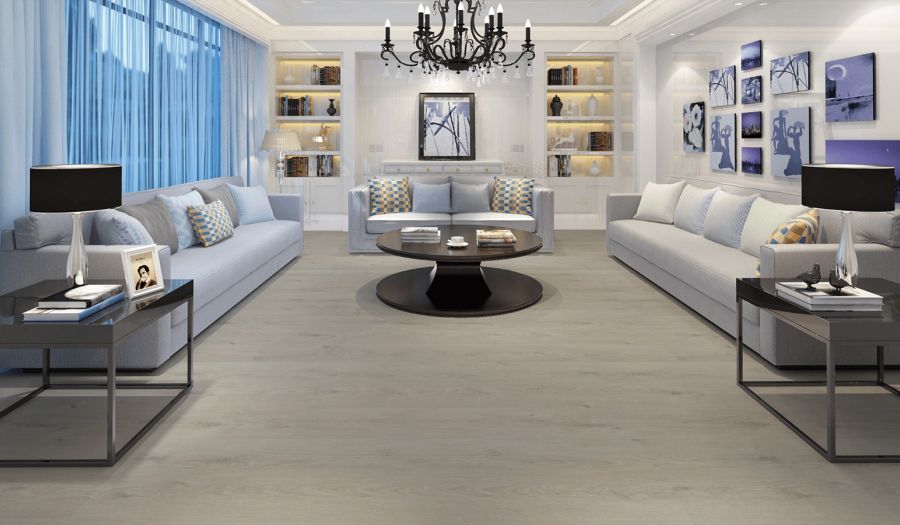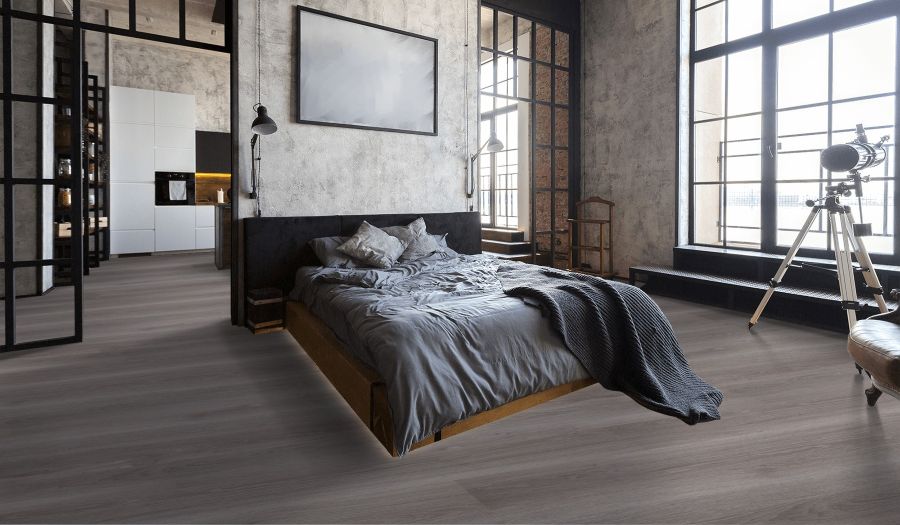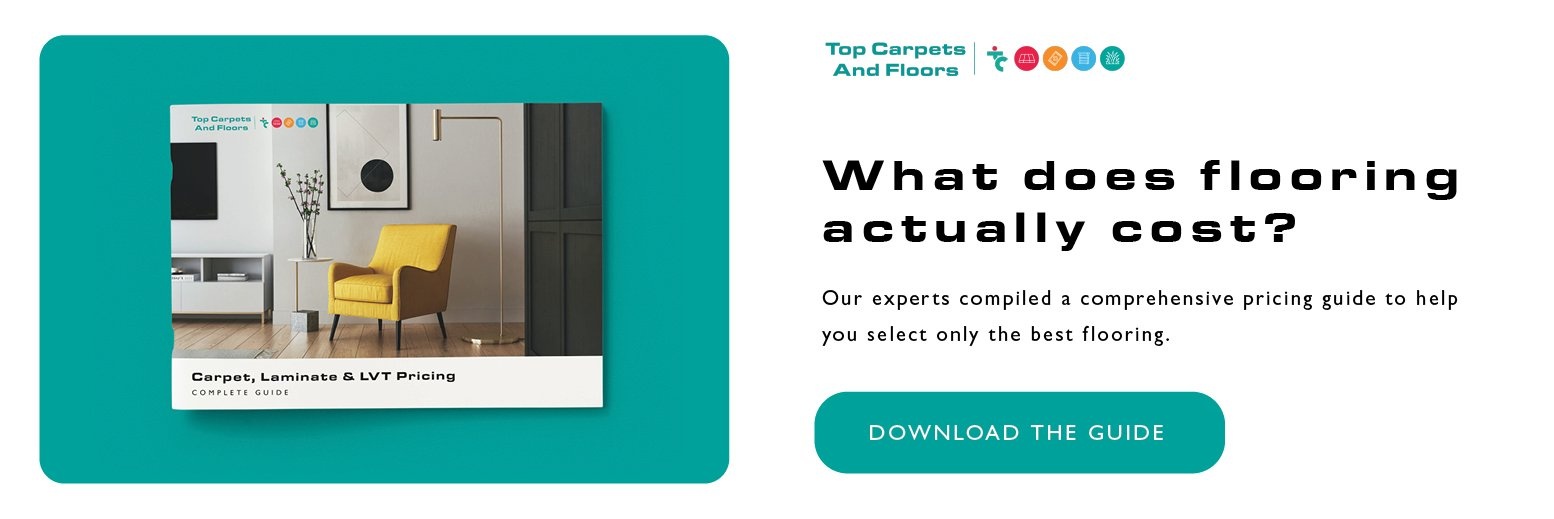
Vinyl vs Laminate Flooring: Pros and Cons Uncovered
Customers often approach us seeking an affordable alternative to hardwood floors or ceramic and stone tiles. Usually, they are looking for a no-fuss product that is easy to maintain, will not take long to install, and won’t leave their wallet empty. Popular go-to solutions are vinyl and wood laminate flooring. Of course, there is much speculation around which of the two options is better. In the debate between vinyl vs laminate flooring, it is not uncommon for people to bring up the pros and the cons of both. Advantages and disadvantages do not matter, however, if one ignores one’s own home, where the floor solution is required, and what kind of lifestyle one leads. For that reason, we aim to help our customers decide based on their specific set of circumstances in order to choose an option in the vinyl vs laminate discourse that will best work for them.
What They Are Made Of
While an untrained eye might not be able to spot the difference between the two, vinyl and laminate flooring are composed of entirely different materials. Laminate floors are mostly made from wood by-products called “composite wood”. Layers of this composite wood, or fibreboards, are laminated together and topped off with a photographic print that resembles real wood or stone, which is then sealed under a durable resin layer.
Luxury vinyl tiles or planks (also called LVT or LVP) are made from polyvinyl chloride (PVC) with a surface finish of urethane. Essentially, this is a kind of plastic, but they can accurately emulate the look and feel of stone and wood flooring.
Comparing How They Look
Both options are a designer’s dream as they offer an unmatched range of products. You can choose between various shades, patterns, and even textures, which makes the customisation of your floors much easier. Laminate floors allow for embossing which looks three-dimensional and adds a lot to the aesthetic. Choosing a higher-end luxury vinyl plank with a thicker core also allows for deep embossing and realistic textures. In terms of realism alone, there is no clear winner in the vinyl vs laminate flooring debate, but laminate might be slightly closer to the real texture of stone or wood.

Resistance to Water and Moisture Damage
Another point often brought up in the discussion of vinyl vs laminate flooring is the level of water resistance both offer. Across the board, wood and moisture do not mix well. This is because wood is absorbent and will swell (and even buckle or warp) when exposed to moisture. Because laminate planks contain fibreboards of composite wood on the inside, they generally do not tolerate water well. Wood laminates that have been properly installed, however, can be watertight as long as liquid is not left to pool on the surface where moisture can seep in between the seams.
Some forms of vinyl flooring with a felt backing might not be 100% waterproof either, so find out about options that are made from 100% polymer and will withstand contact with moisture. When considering vinyl vs laminate flooring, luxury vinyl planks are completely waterproof, while laminate floors are best installed in low-moisture areas without too much humidity.
Homes with Pets and Small Children
If you have a home with pets and younger children, you will need to carefully consider the types of floor solutions you implement, and where they will be installed. For homes with house-trained pets and older children, wood laminates are a suitable option. They are superb for high-traffic areas and are scratch-resistant. Animals who are not housetrained, however, may leave messes that damage laminates. Liquid spills that are not quickly cleaned up are also not suited to wood laminates. While very heavy objects can dent vinyl flooring, this kind of solution is also scratch-resistant and exceptionally durable, and fairs well when exposed to moisture accidentally.
Cleaning and Upkeep
Both options are easy to clean and maintain and can be swept or vacuumed as needed. Laminate flooring is best cleaned with a dry or slightly damp mop, while vinyl floors can be wet-mopped and scrubbed with mild cleaning products when this is required. No special products or chemicals are needed for the cleaning of either.
How the Two Options Are Similar
When looking at vinyl vs laminate flooring, there are a lot of similarities that make both options a stellar choice for most homes. Both are simple to install, and the process does not take too much time – especially when professional help is available. Laminate flooring is sometimes considered the cheaper option between the two, but both fall into a similar bracket depending upon the brand and style of product for which you opt. Both are still generally more affordable than hardwood flooring or stone tiles. You’ll find that both categories also have a similar lifespan, but this, too, comes down to the brand and option you select.
In the end, finding the right option for your home depends upon your lifestyle, aesthetic preferences, where you live (in terms of humidity), and the room in which you require new floors. We at Top Carpets and Floors will not only advise you on the best solution, but we will assist you in having it professionally installed too. To find out more, get in touch with us today.
If you're looking to understand a little more about what goes into the cost of flooring, then click the button below 👇 to get your hands on our handy pricing guide.


